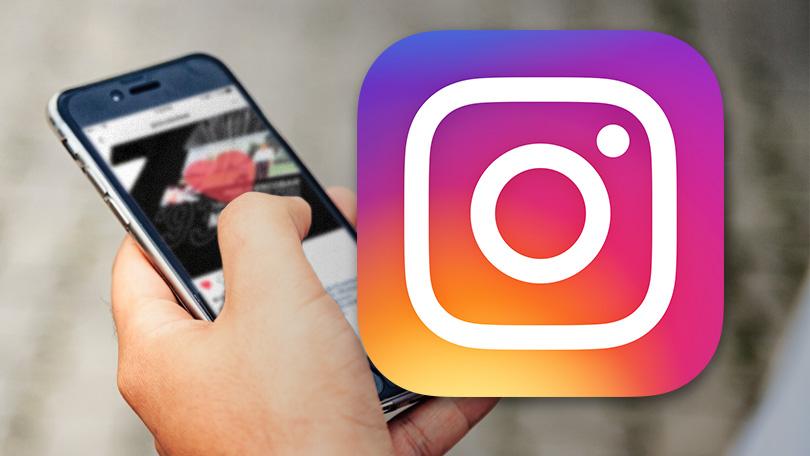What sets the best presentations and briefings apart from the mediocre ones? It’s the presenter of course. No amount of slides and no script can do what the presenter themselves can for an audience: communicate powerfully and persuade. Real presentation skill is about showing your audience something that’s not on the slides, not on the script. Follow some simple rules that all great presenters use to separate themselves out from others.
The Presenter is Everything
No two presentations (even using the same materials or messages) are going to be exactly the same and that should never be the goal. Your presentation has to be built around your most powerful tool: yourself. That’s because authenticity is going to be key to informing and in particular, persuading an audience of something. If you follow a script too literally, you’re going to limit that tool to the words you’ve rehearsed instead of staying in the moment and allowing your own passion to show. You have to be confident enough to show each audience who you really are and they can never get that from the script. This is oral communication, so when you present, you simply have to present in an authentic way that allows your audience to see the confidence and belief you have in what you’re saying. That simply can’t come from a memorized script and in fact it’s often why formal presentations and speeches fail; a lack of authenticity. To soar, you need to reveal real truth to the audience about what you’re seeing, why you believe it, and what they’re to do with this information.
Presentations and Briefings Aren’t About Acting
Many times, clients want to know how a successful presentation “looks”, so they can copy whatever they think is working. The truth is, authenticity can’t be copied. You’re going to have to be very clear about what you believe before you get up to present or brief someone else. Your audience is not going to be persuaded of anything if they think you don’t even believe what you’re saying. Don’t be afraid to use “I” in your presentations. What about your own experience or background relates here? We’re often our most relaxed, authentic selves when we’re speaking about our own experiences. If you don’t believe and believe strongly in what you’re saying, find another way to get the information communicated. Save oral presentations of any kind for those areas you’re passionate about. You WILL be judged when you’re standing before others presenting information, so this is the time to make sure they see you at your best.
Perfection isn’t your goal: It’s Successful Communication
Presenters worry that if they don’t follow (or worse, memorize) their prepared script, they’ll blank out or stumble. Your audience isn’t expecting perfection; they’re expecting something interesting, worthwhile and pertinent to them. Focus on the content of what you want to say and make sure that content is built around what you know to be true. If you build your presentation simply around that, your authenticity and passion will far outweigh any minor flaws. You want your audience in the moment with you and focused on some essential information, not on the flawlessness of your reading abilities.
However you present, remember the materials are secondary to you, the presenter. Don’t be afraid to try some different ways of communicating those ideas and to never take a back seat in your own presentations!
Leaving the script behind doesn’t mean leaving the practice behind
You don’t want to memorize your script because remembering the words will be all you’ll be concentrating on. You want to practice until the essence of the presentation feels right, even second nature, before setting the script aside. The exact words you use are far less important than delivering the right information that’s tailored right to your audience and what you know they need to hear from you. If you doubt this, try putting your far more detailed information into handouts or printed material, and see what happens when your audience simply hears the “essence” of what you’ve come to deliver from you. They’ll be engaged and hungry for more information, which is exactly what you want. You can add far more detail in the q and a portion once they are engaged and you know what else they want to hear from you.
Just Take the Leap
Start by lifting your briefing or presentation up to its highest levels. Once you decide on your key ideas (no more than three), allow yourself to orally explain each one briefly. Hear what you naturally use as your strongest points behind each idea. Let those ‘bigger’ ideas guide you as you hone your oral presentation. Many if not most presenters simply sit and write their scripts and then try to rehearse and memorize, causing the “inauthenticity” problem of so many oral briefings. Try reversing the process (without the memorization). You need to hear yourself repeatedly get through the presentation without the script to get closer to what your audience is actually hearing and seeing. Once you get your core ideas down, you can gradually add a bit more; until you’re satisfied your presentation contains only the best of what you want to communicate. After all, that’s what your audience really wants to hear.
You really can present and deliver briefings like a pro! Leave the script behind and let your audience see you at your best, authentic self.






